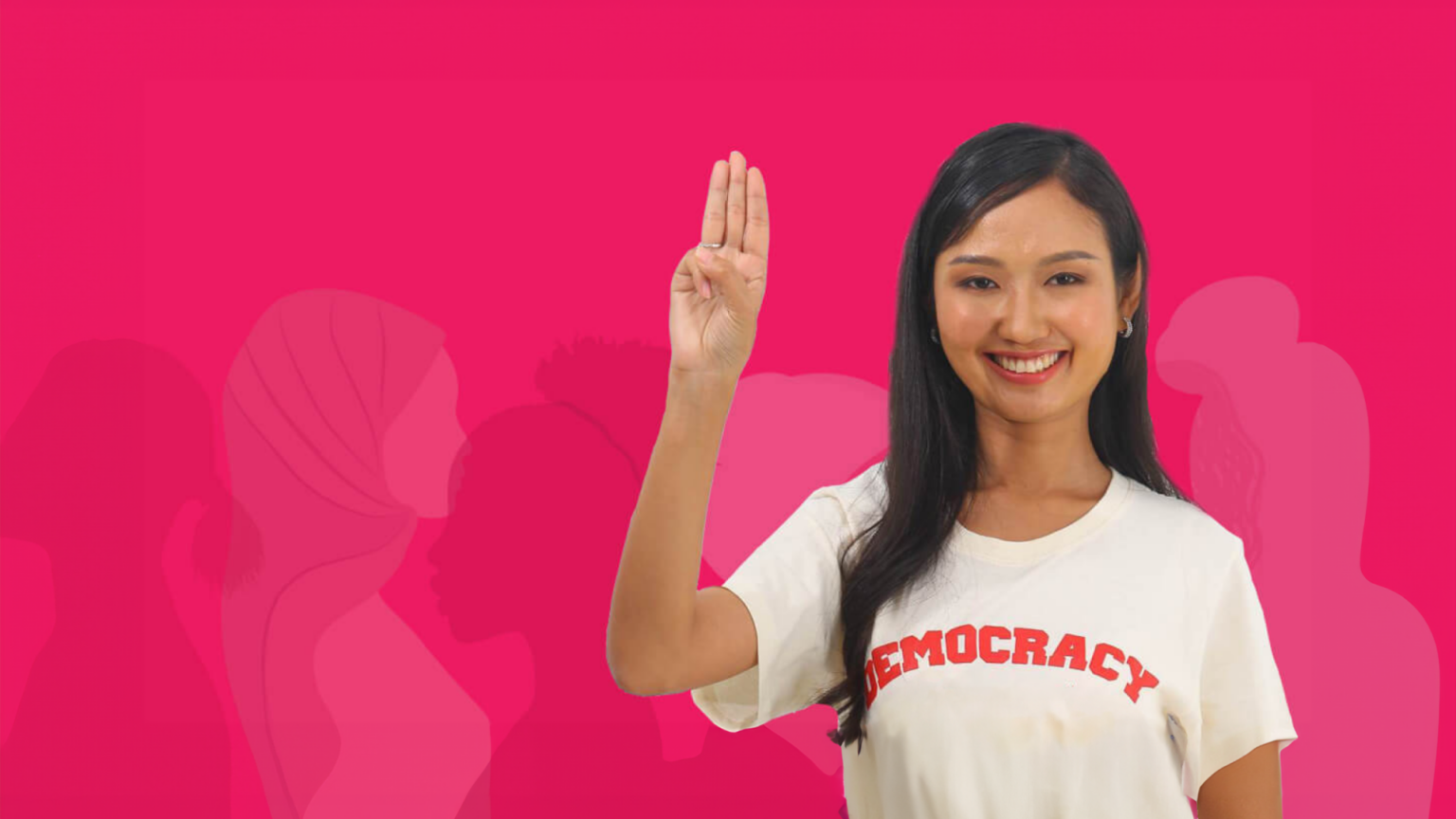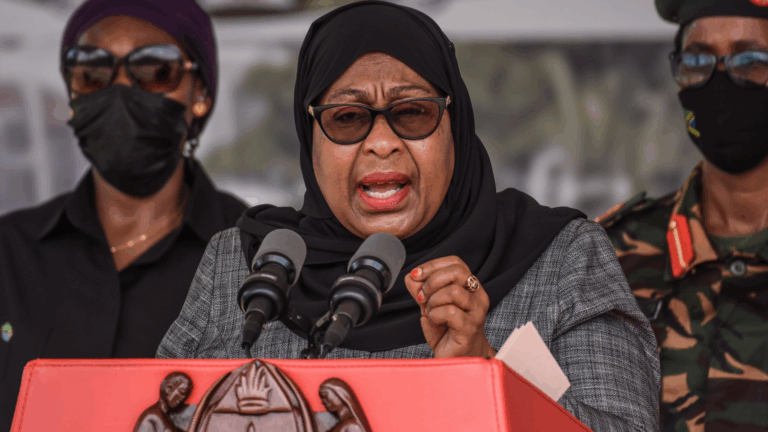A mere 48 hours after the start of Vladimir Putin’s “special military operation” in Ukraine, the Feminist Anti-War Resistance (FAR) emerged in Russia. FAR has since supported citizens detained at anti-war demonstrations and published a newspaper detailing the realities of the war for people outside of activist circles. They have continued the legacy of other women-led groups, such as Pussy Riot, whose creative dissent was unprecedented. Given Russia’s infamous treatment of dissidents, FAR is operating at great risk.
Women have a long history of leading democracy movements in Eastern Europe. They have participated in large numbers and proven essential to the success of movements by offering greater visibility, legitimacy, and tactical toolboxes.
In 1989, the mass demonstrations that toppled the Communist regimes of the region were only possible thanks to earlier forms of civil participation, many of which were conceived and cultivated by women. In Poland, two months after the regime imposed martial law and arrested the predominantly male leadership of Solidarity — a trade union that defied the Communist Party’s legitimacy — the Damska Grupa Operacyjna (Women’s working group) organized an extensive underground network. Through daring and meticulous planning, these women created and disseminated up to 80,000 copies of the weekly Tygodnik Mazowsze magazine until the eve of Communism’s collapse, disrupting the state’s monopoly on information and giving a voice to other dissidents in hiding.
The Polish Women’s Working Group, in part, succeeded because the Communist regime was preoccupied with the challenge posed by the charismatic male leadership of Solidarity and was blind to the large and well-organized group of nameless, faceless women working tirelessly to undermine it. The women had ingeniously weaponized conventionally domestic spaces, turning the rooms and nooks of their homes into repositories of illicit materials and makeshift “offices” of the underground press.
Like Poland, women in Czechoslovakia disproportionately shouldered the risky, “dirty” work of disseminating illicit, independently published texts, expanding Charter-77’s and other opposition groups’ reach and influence. Bulgaria, where civil society had decayed under heavy repression and censorship by the regime, six women, known as the “mothers with the strollers,” led the 1987 environmental protest, breaking the taboo of criticizing the Communist party.
And at the 2021 Oslo Freedom Forum, Belarusian opposition leader Sviatliana Tsikhanouskaya said the regime allowed her to run in the 2020 presidential election because they hoped she would turn the opposition into a laughingstock. It was inconceivable that a political novice — a “housewife,” if you will — could mount a real challenge to Alexander Lukashenko’s nearly 30-year hold on power, let alone emerge as a winner. Tsikhanouskaya’s victory, however, inspired the biggest anti-regime demonstrations in the country’s history, and Tsikhanouskaya became a spokeswoman for other dissidents in exile.
In 2020, HRF launched the Belarus Solidarity Fund, which has provided a lifeline to the activists and civil society actors defying Lukashenko’s authoritarian regime, many of whom are women. You can learn more about the Fund and its impact here.
Authoritarian regimes in Eastern Europe have consistently underestimated women activists. The greater visibility and recognition of women’s power, however, turns them into targets of repression, including harassment by law enforcement and long prison sentences. HRF stands in solidarity with the women exercising their political agency and advancing democracy in Eastern Europe.









